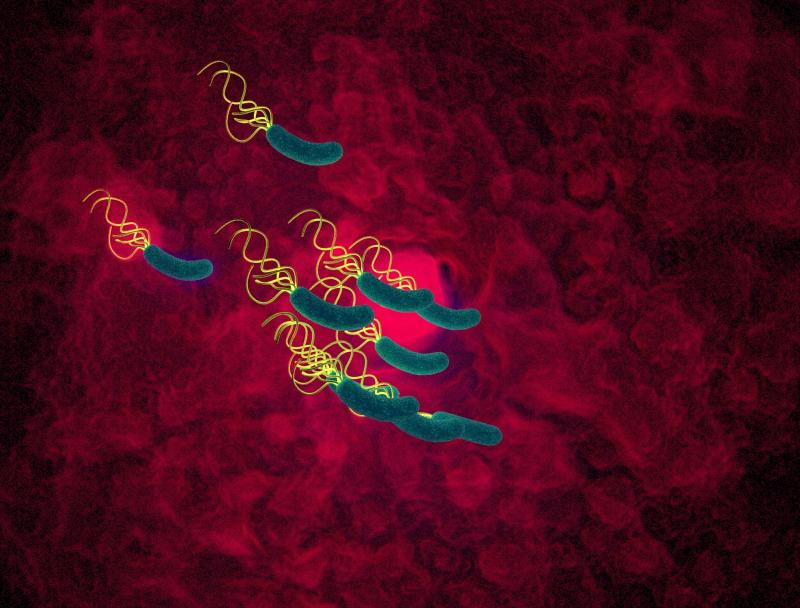
Infection with Helicobacter pylori is associated with a higher risk of developing advanced colorectal neoplasia (AN), reports a study. Such correlation is consistent in both serological and histologic assessments of H. pylori infection.
The authors identified a total of 3,753 adults who underwent screening and subsequent surveillance colonoscopies. The development of metachronous AN, as confirmed by surveillance colonoscopy, was the primary outcome.
An H. pylori-specific immunoglobulin G antibody test was used to assess H. pylori infection status. The authors also carried out a sensitivity analysis by H. pylori infection status based on histology.
During a median follow-up of 41 months, AN incidence stood at 3.2 percent in participants with H. pylori infection and 1.7 percent in those without.
Multivariable analysis adjusted for age, body mass index, smoking status, alcohol intake, family history of colorectal cancer, and baseline adenoma characteristics revealed a 74-percent increased risk for metachronous AN in participants with H. pylori seropositivity (adjusted hazard ratio [aHR], 1.74, 95 percent confidence interval [CI], 1.11–2.73) compared with those without.
This association agreed with H. pylori infection status based on histology (aHR, 3.51, 95 percent CI, 1.64–7.51). Moreover, subgroup analysis showed a positive association in both no-adenoma and adenoma removal subgroups.
“An association between H. pylori infection and colorectal neoplasia has [also] been reported in cross-sectional studies,” the authors said.
“Prospective studies are necessary to determine whether H. pylori eradication can reduce the risk of colorectal neoplasia,” they added.